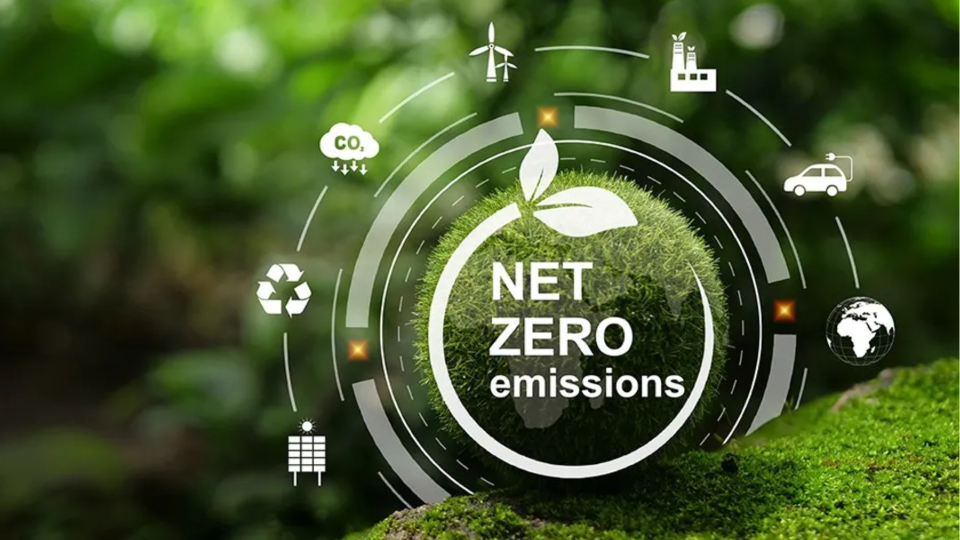The global shift towards a Net-Zero future is significantly reshaping the socio-economic landscape, driven by intensified climate policies, corporate mandates, and green innovation. Over 140 countries—representing more than 88% of global emissions—have committed to net-zero targets, ushering in transformations across energy, industry, agriculture, and transport.
This transition, while essential for climate mitigation, is creating employment opportunities in renewable energy, electric mobility, and green infrastructure, yet posing challenges in regions reliant on fossil fuel economies. While clean energy investments may add over 10 million new jobs by 2030, a just transition will require reskilling, social protections, and inclusive policies to mitigate displacement in traditional sectors.
The financial ecosystem is also being reshaped as net-zero goals are pushing investors and banks to reallocate capital towards sustainable assets, green bonds, and climate-resilient infrastructure. ESG investments are expected to exceed US$40 trillion by 2030, highlighting the integration of environmental responsibility into core strategies to drive financial stability and growth. Furthermore, carbon pricing mechanisms are evolving across continents, influencing production and cross-border trade, especially as the EU’s Carbon Border Adjustment Mechanism comes into effect, impacting export-heavy economies.
However, the path to net zero is not uniformly accessible; low- and middle-income nations face higher transition costs, lack climate finance, and have vulnerable workforces. There is a growing risk of a “green divide” unless wealthier nations increase climate funding and facilitate technology transfer. Gender equity is another concern, as women in developing countries, particularly in agriculture and informal sectors, are disproportionately affected by climate disruptions and may be left behind without targeted interventions.
In India, the net-zero transition is opening avenues in solar manufacturing, hydrogen production, and carbon markets. The transition could create 50 million new jobs by 2070 if supported by policy reforms and digital skilling. However, sectors like coal mining and thermal power remain sensitive zones requiring robust transition strategies. India’s G20 presidency in 2023 laid the groundwork for strengthening global cooperation on fair and inclusive climate finance, with a focus on the Global South.
Thus, the global net-zero transition offers a transformative path for climate resilience and socio-economic prosperity. This vision ensures to materialize equity, innovation, and cooperation must be central to every future climate strategy.

